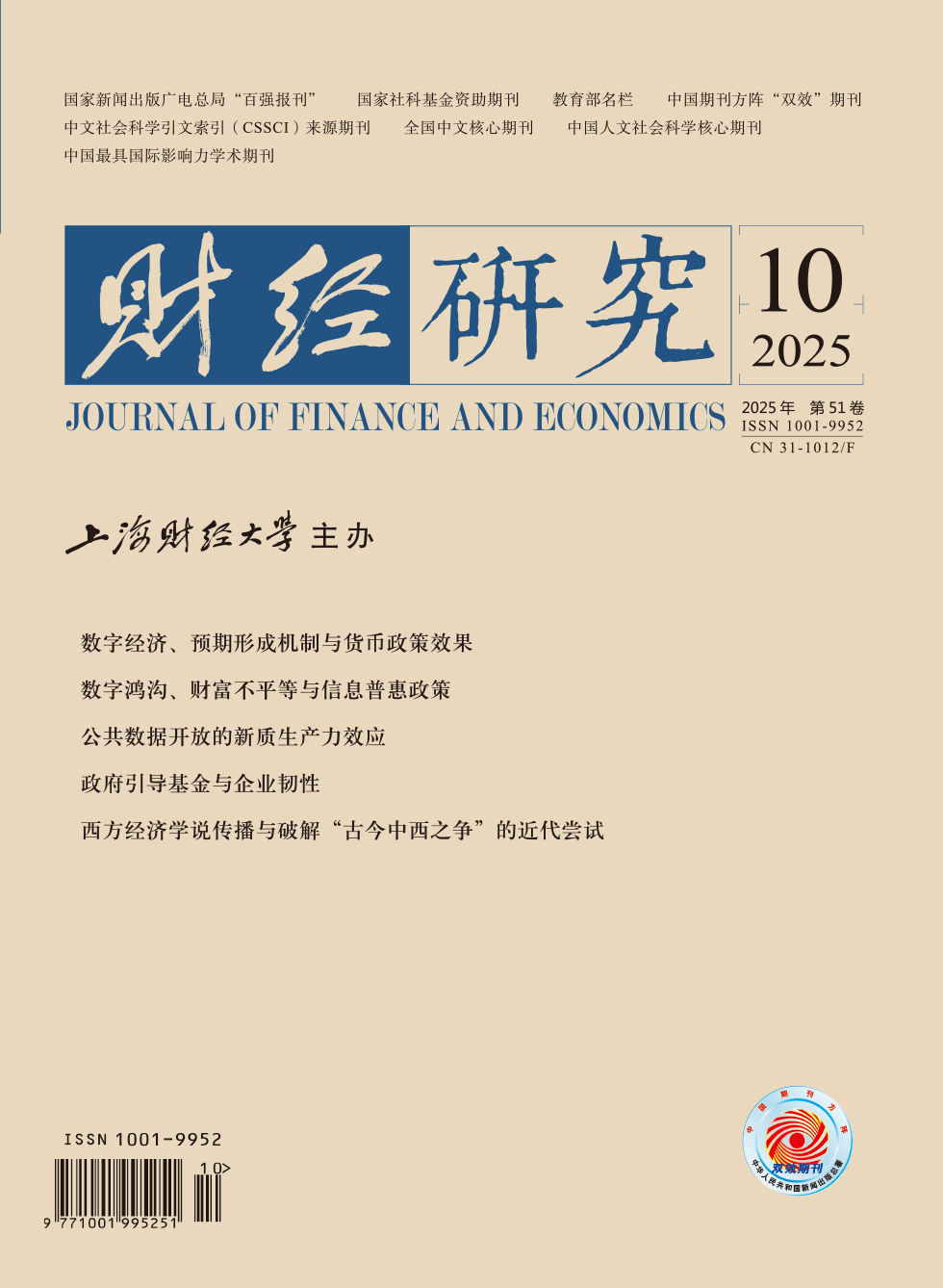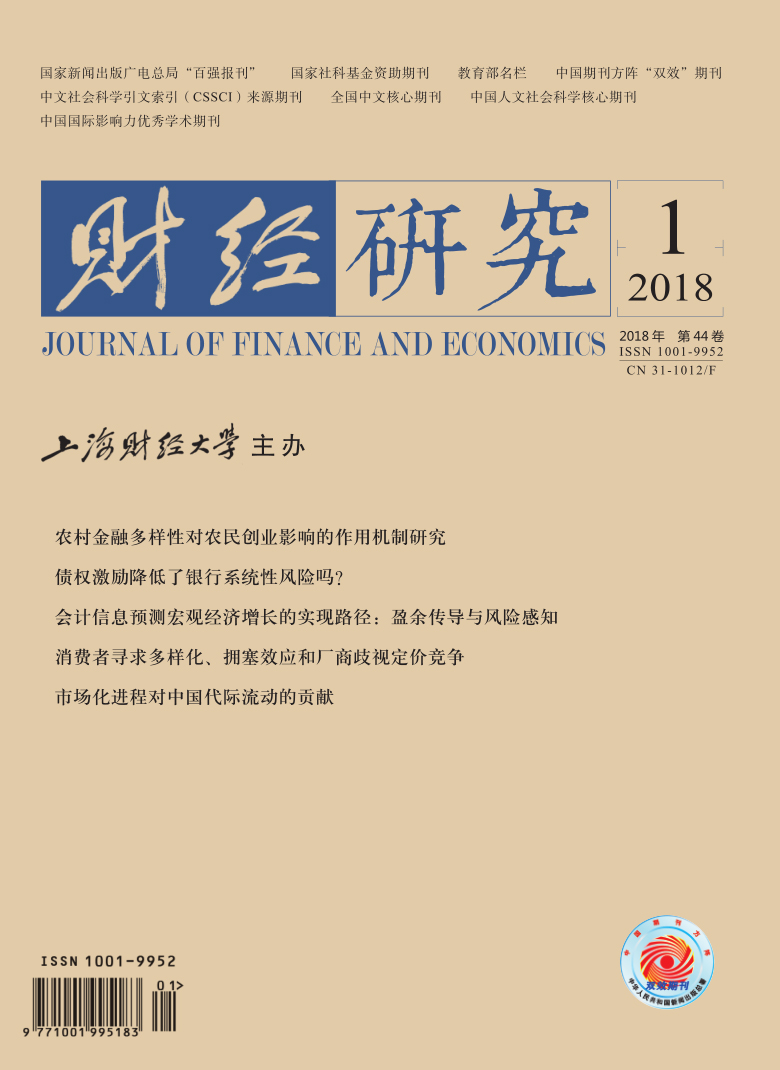Temporary employment is already one of the most important parts of Chinese elastic employment. However, previous literature indicates that temporary employment could not only decrease labor wages, widen wage gap, and then deteriorate employment quality but also hamper human capital accumulation. Human capital accumulation brought by the promotion of know-how and expertise is the insurance for successful economic structural adjustment and industry transformation and upgrading in the largest developing country. Therefore, how to employ temporary employment and at the same time to narrow down the wage differential, promote employment quality, strengthen human capital accumulation, and provide corresponding policy suggestions are significant. However, rare research pays attention to the effect of temporary employment on labor wages in China in the view of employment period differential. Temporary employment could affect labor wages in two aspects. Firstly, risk premium theory believes labor with fixed-term or temporary contracts is facing higher unemployment risk so that they should receive higher hour wages as compensation of risk premium when signing the contracts because there are lower costs of insurance welfare, laid-off costs and penalty costs. Secondly, temporary employment would decrease human capital accumulation. Temporary labor has less possibility to involve in firm-specific training. While temporary employment would increase or decrease labor wages in China, we need specific empirical analysis. This paper uses Chinese Household Income Project(CHIP)data of 2007 to explore the effect of temporary employment on Chinese labor wages, while the temporary employees are defined as labor without contracts or with short-term contracts(less than 1 year). We first use T-test to explore who are temporary employees in China and then use OLS to do empirical research along with robustness check. Then we decompose the wage differential to explore whether temporary labor receives compensatory wages, and utilize Probit and Tobit models to estimate the effect of temporary employment on labor work-related skill training opportunity and term to explore if temporary employment harms human capital accumulation. This paper arrives at the results as follows: firstly, temporary employment significantly decreases about 18.05% of individual average hourly wages after controlling related individual, firm, industry and city characteristics; secondly, this conclusion does not change after considering different sub-samples divided by different indicators, household registry, year and industries; in addition, the income difference still exists after using heteroskedasticity-based instrument method and switching regression model to control selection bias and unobservable variables; thirdly, mechanism tests indicate temporary employment impairs human capital accumulation, which mainly significantly decreases personal work-related training opportunities, and only temporary labor in certain industries could obtain compensatory income. This paper provides conductive implications and policy suggestions as follows: firstly, Chinese government should implement the labor policy of " limiting the proportion of temporary labor, increasing firing costs and guaranteeing same salaries” and require firms employing temporary labor to build up compensation system and unemployment funds. Secondly, the agencies for instance job intermediate should be encouraged to conduct career training with preferential policy by market mechanism. The bureau should monitor the agencies and be in charge of pre-employment training for urban workers, laid-off workers retraining of reemployment or starting their own business, etc. The contributions of this paper lie in that: firstly, by distinguishing different self selection forms of temporary employees, self-employed labor, family helpers, and so on, this paper specifically explores wage differential between temporary and formal employees based on employment period. Secondly, CHIP2007 allow us to control the characteristics of employers to get more unbiased estimated results. Then we employ heteroskedasticity-based instrument method and switching regression model to control selection bias and unobservable variables to get more precise results. Thirdly, we also do the mechanism tests, namely the effect of temporary employment on human capital accumulation and whether temporary labor could get compensatory wages in China.
 / Journals / Journal of Finance and Economics
/ Journals / Journal of Finance and EconomicsJournal of Finance and Economics
LiuYuanchun, Editor-in-Chief
ZhengChunrong, Vice Executive Editor-in-Chief
YaoLan BaoXiaohua HuangJun, Vice Editor-in-Chief
The Effect of Temporary Employment on Labor Wages
Journal of Finance and Economics Vol. 44, Issue 01, pp. 113 - 127 (2018) DOI:10.16538/j.cnki.jfe.2018.01.009
Summary
References
Summary
[1]Chen X, Xu S. The economic disadvantage and assimilation of rural migrants in China[J]. Economic Research Journal, 2014, (10): 74-88. (In Chinese)
[2]Chen Y, Liu Y Y. An analysis of the effectiveness of labor contracts on migrants’ income[J]. China Economic Quarterly, 2010, (2): 687-712. (In Chinese)
[3]Sun R J, Li Z N. Wage determination mechanism and wage differentials between fixed-term labor contracts and indefinite-term labor contracts: Evidence from CHIP[J]. Journal of Finance and Economics, 2010, (2): 36-47. (In Chinese)
[4]Wei X H, Yu L Z. The empirical research of the wage differentials between formal and informal employment in China: Based on the model of quantile regression and decomposition[J]. The Journal of Quantitative & Technical Economics, 2012, (1): 78-90. (In Chinese)
[5]Wu Y W, Cai F. Informal employment in urban China: Size and Characteristics[J]. China Labour Economics, 2006, (2): 67-83. (In Chinese)
[6]Albert C, Carlos G S, Hernanz V. Firm-provided training and temporary contracts[J]. Spanish Economic Review, 2005, 7(1): 67-88.
[7]Alvarado L K A. The effects of fixed-term contracts on workers in Colombia[J]. Cuadernos de Economia, 2014, 33(63): 421-446.
[8]Arulampalam W, Booth A. Who gets over the training hurdle? A study of the training experiences of young men and women in Britain[J]. Journal of Population Economics, 1997, 10(2): 197-217.
[9]Becker G. Investment in human beings[J]. Journal of Political Economy, 1962, 70(1): 9-49.
[10]Booth A L, Francesconi M, Frank J. Temporary jobs: Stepping stones or dead ends?[J]. Economic Journal, 2002, 112(480): 189-213.
[11]Gao Q, Yang S, Li S. Labor contracts and social insurance participation among migrant workers in China[J]. China Economic Review, 2012, 23(4): 1195-1205.
[12]Gash V, McGinnity F. Fixed-term contracts-the new European inequality? Comparing men and women in West Germany and France[J]. Socio-Economic Review, 2007, 5(3): 467-496.
[13]Hagen T. Do temporary workers receive risk premiums? Assessing the wage effects of fixed-term contracts in West Germany by a matching estimator compared with parametric approaches[J]. Labour, 2002, 16(4): 667-705.
[14]Jimeno J F, Toharia L. The effects of fixed-term employment on wages: Theory and evidence from Spain[J]. Investigaciones Economicas, 1993, 17(3): 475-494.
[15]Leandro E. Temporary/Permanent workers wage gap: A brand-new form of wage inequality?[J]. Labour, 2010, 24(2): 178-200.
[16]Lewbel A. Using heteroscedasticity to identify and estimate mismeasured and endogenous regressor models[J]. Journal of Business and Economic Statistics, 2012, 30(1): 67-80.
[17]Maddala G S. Limited-dependent and qualitative variables in econometrics[M]. Cambridge: Cambridge University Press, 1986.
[18]Mishra V, Smyth R. Estimating returns to schooling in urban China using conventional and heteroskedasticity-based instruments[J]. Economic Modelling, 2015, 47: 166-173.
[19]Pallais A. Inefficient hiring in entry-level labor markets[J]. The American Economic Review, 2014, 104(11): 3565-3599.
[20]Picchio M. Temporary contracts and transitions to stable jobs in Italy[J]. Labour, 2008, 22(1): 147-174.
[21]Rosen S. Implicit contracts: A survey[J]. Journal of Economic Literature, 1985, 23(3): 1144-1175.
[22]Scherer S. Stepping-stones or traps? The consequences of labour market entry positions on future careers in West Germany, Great Britain and Italy[J]. Work, Employment and Society, 2004, 18(2): 369-394.
Cite this article
Li Hongyang, Shao Min. The Effect of Temporary Employment on Labor Wages[J]. Journal of Finance and Economics, 2018, 44(1): 113–127.
Export Citations as:
For




 9003
9003  11703
11703

